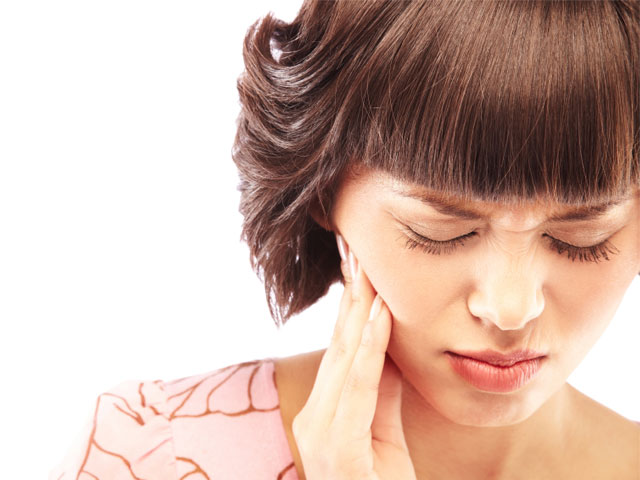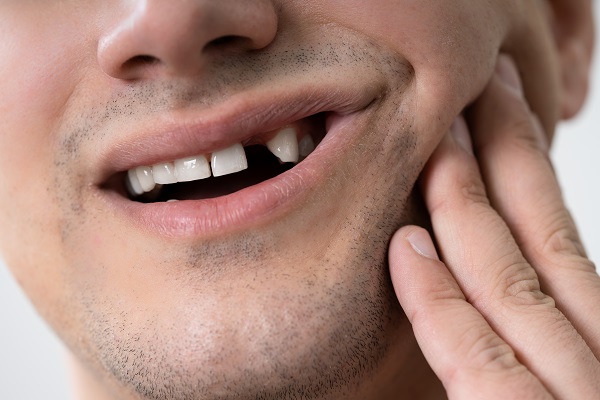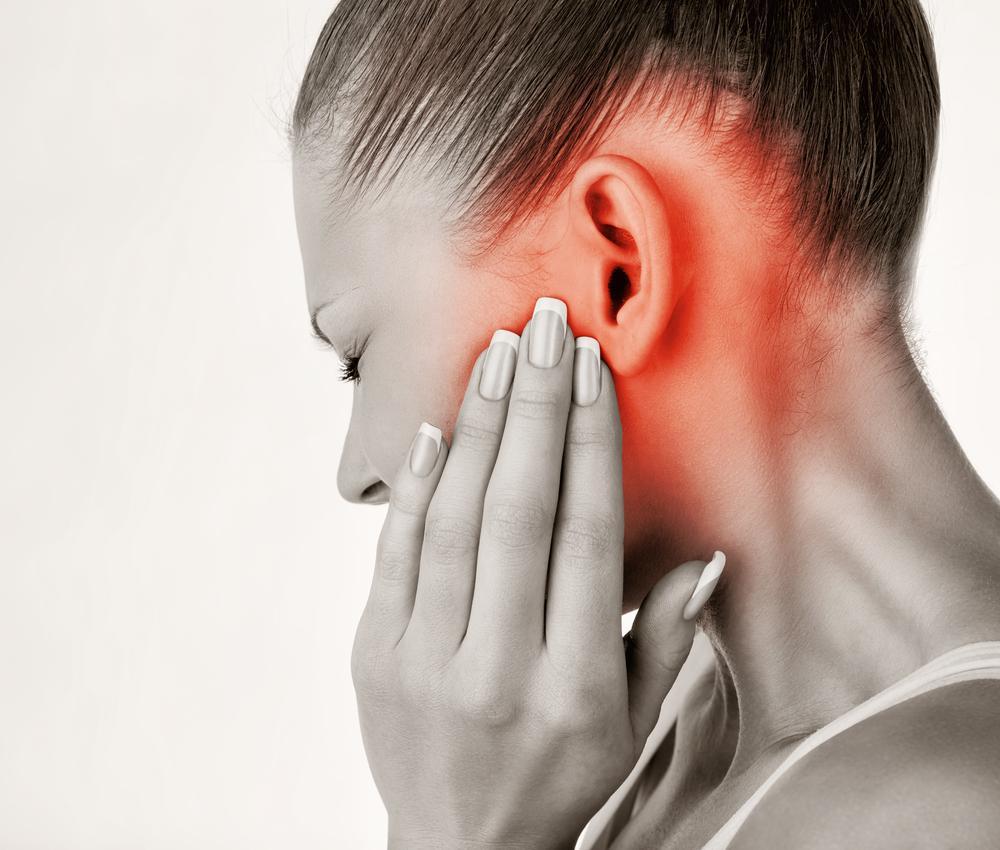Tooth sensitivity can be depressing: you are always on your guard with what you eat or drink, if it’s too cold or too hot, and perhaps you have even given up on your favorite foods and beverages. The pain associated with tooth sensitivity can range from something mild to even shooting pain. It may occur in only one tooth or several all at once.
A tooth is composed of three types of tissue: a hard outer shell of enamel, the body of the tooth is composed of the dentin (a porous tissue), and the interior tissue of the pulp. Pain is triggered by highly sensitive nerves that reside deep inside a tooth.
The enamel, forms the outside of the tooth crown, is not a living tissue and doesn’t contain nerves, but it is capable of transmitting temperature like hot and cold. Inside the tooth’s crown and root is a living tissue called dentin. When microscopic holes in the dentin are exposed, food, drinks, heat or cold can irritate the nerves and cause pain
Here is the list of things that can help stop or reduce the pain
- Change the brushing habit. Do not brush too hard your teeth, this can contribute to gum recession. We can advise you on safe and effective brushing techniques.
- Include fluoride in your dental care. Fluoride has been proven to strengthen tooth surfaces and makes them more resistant to sensitivity and decay. Be sure to use toothpastes and other hygiene products that contain fluoride.
- Seek treatment for dental disease. Tooth sensitivity is often linked to tooth decay or periodontal (gum) disease. When cavities break through the enamel, the dentin is exposed which allows for the sensations caused by heat or cold to reach the nerves. If decay is untreated long enough it can go even deeper to the nerve and cause a painful infection.
- Avoid acidic foods and drinks. Soda, citrus juice, sour candy and even pickles contain high amounts of acid that can erode tooth enamel. If you can not eliminate them, swish water around in your mouth after you eat and drink.
Call us today to schedule an appointment to discuss your questions about sensitive teeth. Dentists have a variety of regimens to manage tooth hypersensitivity, including both in-office treatments and patient-applied products for home use.






